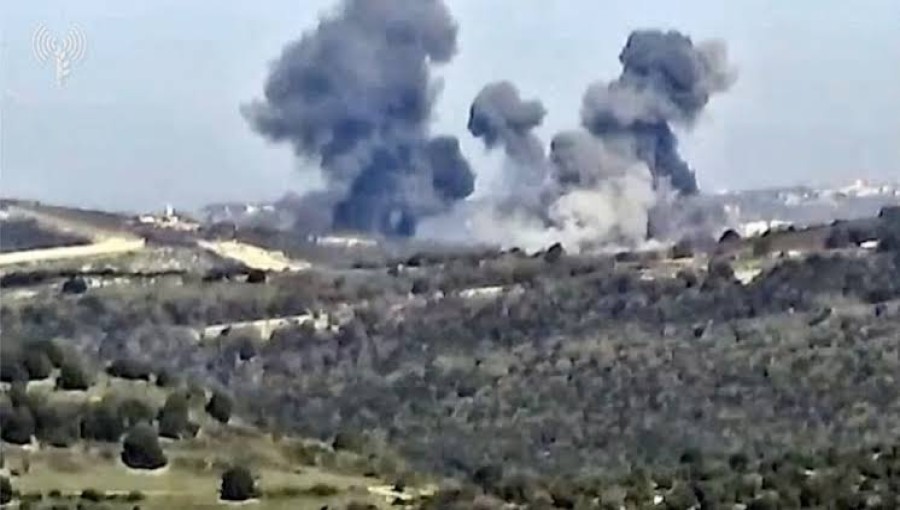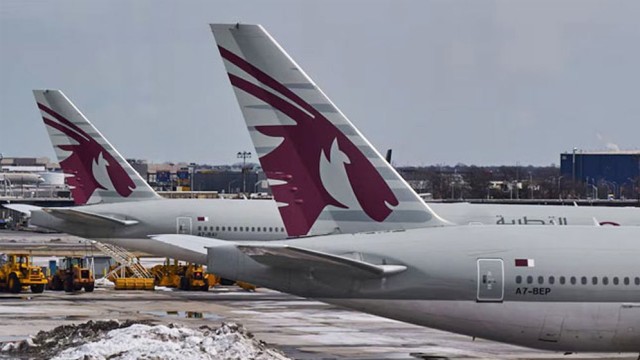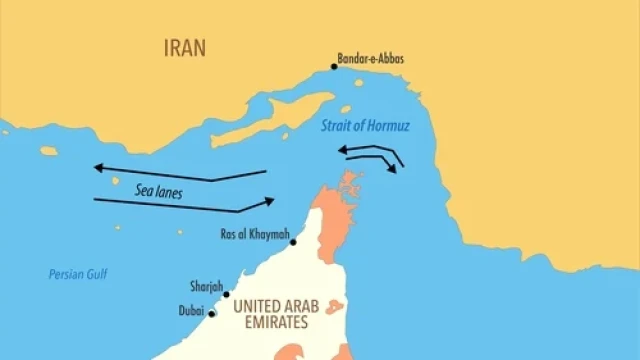Beirut, July 7, 2024 – The Lebanese armed group Hezbollah launched a significant attack on Israeli military bases, firing at least 60 Katyusha rockets in retaliation for the killing of Hezbollah fighters in a recent Tel Aviv attack. The offensive, which targeted at least four military installations, resulted in substantial damage and the death of an Israeli soldier.
The attacks took place on Sunday and focused on strategically important locations within northern Israel. Hezbollah’s rockets struck various installations, causing widespread damage and chaos. The Birkat Risha military base suffered significant damage, with an Israeli soldier killed by a guided bomb. Several other soldiers were injured, and fires broke out in different parts of the base.
Hezbollah's offensive extended to multiple Israeli military sites, including:
Mount Meron Base: Several parts of the building were destroyed.
Al-Baghdadi, Nimra, and Bayad Blida Bases: These bases experienced heavy damage, and fires erupted in several areas of the Galilee region. The fires were swiftly contained with the assistance of 10 fire brigade units and 6 aircraft.
In recent days, Hezbollah has intensified its attacks, pushing further into Israeli territory. The group's rockets have targeted not only border areas but also key military installations. Sunday's assault marks a significant escalation, demonstrating Hezbollah's capacity to inflict damage deep within Israeli borders.
In response to Hezbollah’s aggressive actions, Israel reported striking several Hezbollah positions in southern Lebanon. The Israeli Defense Forces (IDF) emphasized their commitment to defending Israeli territory and retaliating against attacks on their military personnel and infrastructure.
The escalation follows a series of violent exchanges between Hezbollah and Israeli forces, with tensions in the region reaching new heights. Hezbollah, backed by Iran, has consistently challenged Israeli military presence and operations, leading to frequent cross-border skirmishes.
This recent flare-up underscores the fragile security situation in the region and raises concerns about a broader conflict. Analysts warn that continued aggression from either side could spiral into a full-scale war, with devastating consequences for both Lebanon and Israel.
The international community has expressed alarm over the escalating violence. Calls for restraint and diplomatic engagement have intensified, with the United Nations and other international bodies urging both sides to seek peaceful resolutions to their longstanding conflicts.
As the situation remains volatile, further developments are anticipated. Both Hezbollah and Israel appear poised for continued confrontations, with the potential for significant regional and global implications.































Comment: